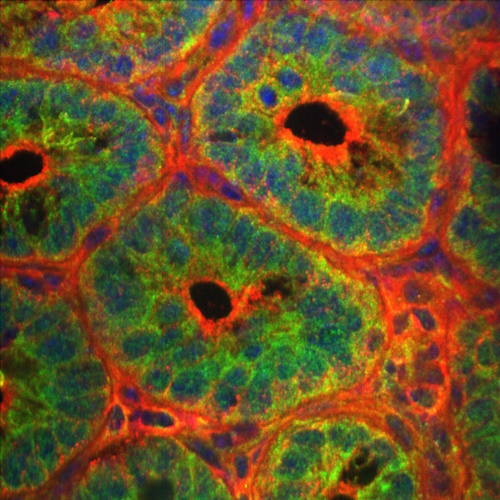Key points from article :
The anti-malarial drug chloroquine increases lifespan in male NRMI mice.
The NRMI, like the Black 6, were not directly genetically modified.
They found doubling or quadrupling the dose, however, increases the toxicity.
A 50 mg/kg dose of chloroquine was administered at day 500 of lifespan.
The purpose of this study was to rule out a potentially negative effect on lifespan rather than to find a positive one.
700 days after the mice were born, all of the untreated group had died while half of the treatment group was still alive.
This study adds to a body of conflicting and contradictory research.
The study shows the low-level biology of cellular aging can be successfully interfered with.
The researchers hypothesize that the lifespan results are due to the modulation of autophagy, a reduction in proteostasis mechanisms, and glycogen metabolism.
The study took place at the University Medicine Göttingen and was published in Aging.






